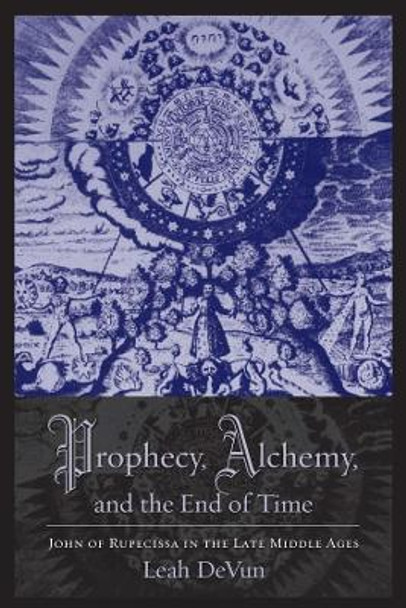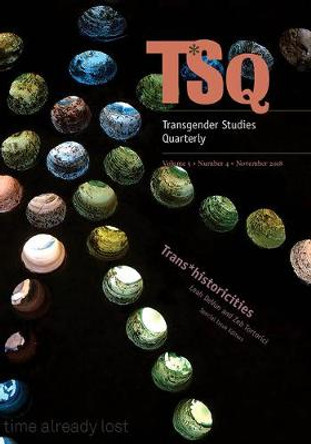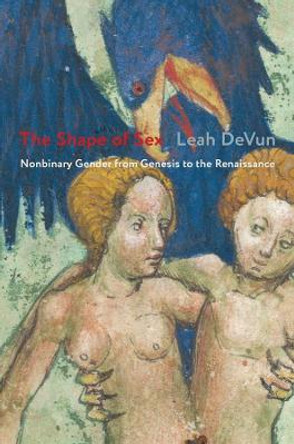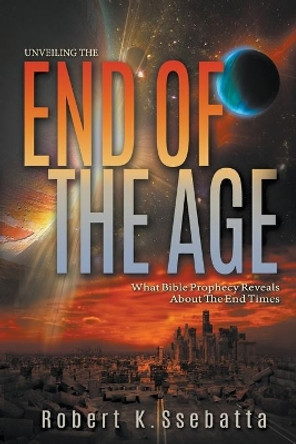Description
In the middle of the fourteenth century, the Franciscan friar John of Rupescissa sent a dramatic warning to his followers: the end times were coming; the apocalypse was near. Rupescissa's teachings were unique in his era. He claimed that knowledge of the natural world, and alchemy in particular, could act as a defense against the calamity of the last days. He treated alchemy as medicine (his work was the conceptual forerunner of pharmacology), and reflected emerging technologies and views that sought to combat famine, plague, religious persecution, and war. In order to understand scientific knowledge as it is today, Leah DeVun asks that we revisit the Black Death, the Hundred Years' War, and the Avignon Papacy through Rupescissa's eyes. The advances he pioneered, along with the exciting strides made by his contemporaries, shed critical light on future developments in medicine, pharmacology, and chemistry.
About the Author
Leah DeVun is associate professor of history at Rutgers University. Her research focuses on the history of the human body in premodern Europe and the legacy of that history in the modern world. Her published work centers on issues of gender and technology.
Reviews
DeVun's book is well-constructed, thoroughly documented, instructive, and very useful. -- Chara Crisciani American Historical Review [H]ighly readable text, amply supported by some fifty pages of endnotes, a bibliography, and a usefully compiled index, Leah DeVun has produced an original and valuable book. -- Stanton J. Linden, Washington State University SPECULUM This book offers the reader a tour of one of the more peculiar corners of medieval thought, a corner defined by the intersection of three enterprises: Spiritual Franciscanism, Joachite apocalypticism, and alchemical speculation. -- David E. Timmer Church History DeVun has written a splendid book about medieval alchemy and apocalyptic prophecy that is truly a pleasure to read. Prophecy, Alchemy, and the End of Time will be an essential item for anyone hoping to understand the history of science and religion in the later Middle Ages. -- Laura Ackerman Smoller Medievalia et Humanistica An excellent study... not only for its careful description of an underappreciated figure, but also because of the important theoretical contributions [DeVun] makes to a more holistic approach to our understanding of the history of science and to late medieval culture. -- Gregory J. Miller H-German
Awards
Winner of John Nicholas Brown Prize 2013.
Book Information
ISBN 9780231145398
Author Leah DeVun
Format Paperback
Page Count 272
Imprint Columbia University Press
Publisher Columbia University Press






